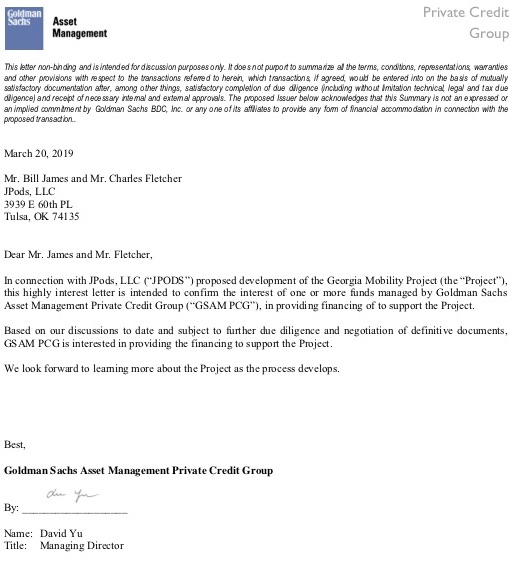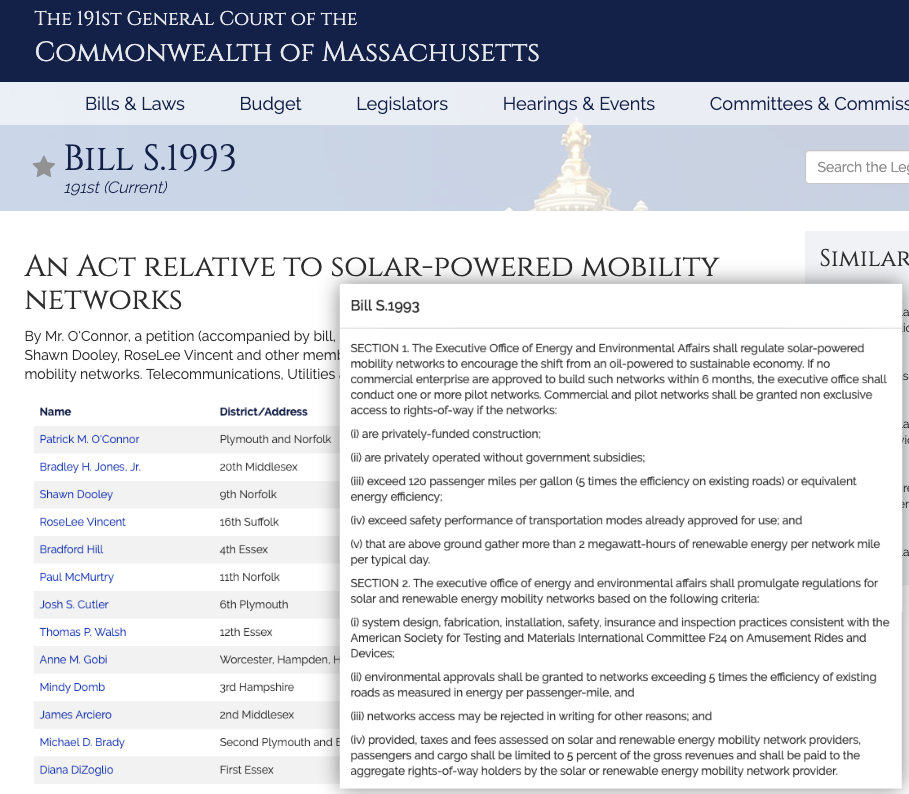Federalist #62, Madison: "What prudent merchant will hazard his fortunes in any new branch of commerce when he knows not but that his plans may be rendered unlawful before they can be executed? What farmer or manufacturer will lay himself out for the encouragement given to any particular cultivation or establishment, when he can have no assurance that his preparatory labors and advances will not render him a victim to an inconstant government? In a word, no great improvement or laudable enterprise can go forward which requires the auspices of a steady system of national policy."
Summary 5X5 and explanation:
Federalist #62, Madison: "What prudent merchant will hazard his fortunes in any new branch of commerce when he knows not but that his plans may be rendered unlawful before they can be executed? What farmer or manufacturer will lay himself out for the encouragement given to any particular cultivation or establishment, when he can have no assurance that his preparatory labors and advances will not render him a victim to an inconstant government? In a word, no great improvement or laudable enterprise can go forward which requires the auspices of a steady system of national policy."
Ending the government communications monopoly in 1982 restored free markets. Innovations of the Internet replaced nearly a century of rotary telephones. The 5X5 Standard of the Solar Mobility Ordinance restores transportation to free markets using well-known regulations with known costs and better safety records.
//////////// BEGIN 5X5 Standard of the Solar Mobility Policy (agency), Ordinance (city), Act (state) ////////////
WHEREAS,
- Mobility is physical liberty and should be sustainable and equitable.
- Free markets allow 2 aspects of liberty to intertwine in a Darwinian crucible to create innovation and the general welfare:
- Tolerance of disruptive minorities offering choices. There are few minorities as tiny and disruptive as inventors.
- Tolerance of people sorting those choices in free markets and free speech.
- The Boston Tea Party, a demonstration against a transportation monopoly, resulted in the US and Georgia Constitutions mandate free markets: Article I, Bill of Rights, Section VI, Paragraph V: "Shall not have the power to authorize any contract or agreement which may have the effect of or which is intended to have the effect of encouraging a monopoly, which is hereby declared to be unlawful and void."
THEREFORE, BE IT RESOLVED, To encourage economic development and transportation innovation in free markets, the ___CITY__or__STATE___ shall regulate grade-separated networks of self-driving vehicles by the following 5X5 Standard:
- Network construction must be privately funded. [[place risk on innovators, not taxpayers]]
- Networks must exceed 5 times the efficiency on existing roads (125 mpg or equivalent energy efficiency). [[metrics replacing political influence]]
- Networks meeting the 5X efficiency standard are automatically approved unless rejected in writing, for any reason whatsoever, within 30 days of plan submission. [[remove Milgram behaviors of bureaucracies and allow governments to enforce public interests, shift from approving to rejecting, place accountability on the innovators]]
- Pay 5 percent of the gross transportation revenues to the aggregate rights-of-way holders. [[compensate the taxpayers for Rights of Way use]]
- Operate without government subsidies. [[place risk on innovators, not taxpayers]]
- Exceed safety performance of transportation modes already approved for use. [[improve safety]]
- Obtain Rights of Way access using the existing Rights of Way policies. [[existing for telecommunications and energy]]
- Grade-separated guideways must be designed, fabricated, installed, insured, and inspected in compliance with International, ASTM International F24 standards for Amusement Rides and Devices (Disney monorail standard, Georgia Commissioner of Insurance and Safety Fire). [[existing regulations, existing enforcement, existing common law, existing safety record 10,000 times better than roads (0.9 injuries per million versus 11,200 injuries per million on roads]]
- Gather more than 2 megawatt-hours of renewable energy per network mile per typical day. [[sustainable energy supply]]
////////////////// END ////////////////////
As pending in the Massachusetts legislature.
5X5 Standard as pending in Massachusetts
Investment News
Capital Investments:
- Morgan Stanley: Why Waymo Is Worth A Staggering $175 Billion Even Before Launching Its Self-Driving Cars
- McKinsey and Company: ‘A physical version of the Internet’: How Hyperloop could be the broadband of transportation
- $28 billion was invested in mobility startups in 2017
- 40x ROI on Kiva’s $775 sale to Amazon
Self-driving cars
- Tesla Is Now America's Number One Premium Automotive Company, Outsells BMW, Lexus In Q4
- Waymo’s autonomous cars have driven 8 million miles on public roads
- Dr Ortiz letting his Telsa drive him home in NYC traffic.
- Autonomous trucks reach a new milestone (with video)
- TESLA: AUTOPILOT IS NEARLY 9 TIMES SAFER THAN THE AVERAGE DRIVER
- Tesla promotional video on "Smart Summon"
- Tesla 1.88 billion self-driving miles on roads
Hyperloops:
- The Boring Company’s Las Vegas Loop tunnel project is coming to life
- Pittsburgh to Cleveland in 9 minutes? There is new funding to study the possible Hyperloop route
- Hyperloop could come to North Texas sooner than expected
- Is this the future of transportation? The Hyperloop pod visits the Triangle this week.
- “Virgin Hyperloop One (VHO) will zoom into Washington D.C. on Wednesday, stopping outside the United States Capitol with its XP-1 test pod”
- Hyperloop to add $4bn, 124,000 jobs in Saudi Arabia
- New report claims MO hyperloop could create $3.6B annual boost, 17K new jobs
- Show Me Hyperloop: Missouri panel confident it can win route with $300M+ test track
- Governor: West Virginia makes its pitch for Hyperloop high-speed pod transit development center
- Great Lakes Hyperloop Feasibility Study
Self-driving vehicles on grade-separated guideways:
- Red Bull TV, JPods starts at 10:25
- The Barrier to Transportation Innovation, Congressional Office of Technology Assessment study PB-244854.
- JPods in Shaxian, China (2018)
- THE ROAD NOT TAKEN, How we found (and lost) the dream of Personal Rapid Transit
- Queens Mobility Company
- Georgia Mobility Company
- Missouri Mobility Company
- Response to RFI, San Jose, CA
- Metro Atlanta transit plan: Here's the project list
- BayStateSunway
Benefits of the 5X5 Standard:
The 5X5 Standard simplifies capital investment by:
- Removing political influence as the primary factor in granting use to Public Ways and replacing it with a physical metric of 5 times greater efficiency.
- Removing taxpayers' risks for funding transportation systems:
- Buses cost $1.45 with .7 pounds of CO2.
- Light Rail cost $.76 with .5 pounds of CO2.
- Roads/Cars cost $.30 with .6 pounds of CO2.
- 5X5 Standard would cost less than $.06 and produce no CO2.
- Removing the long delays associated with environmental impact statements. Systems 5 times more efficient than roads are environmentally better. Governments retain the right to reject networks for any other reason within 30 days of project submission.
- Reducing by at least 5 times the transportation CO2 driving Climate Change Root Cause.
- Providing a new source of revenues from the 5% of gross transportation revenues.
- Providing at 10,000 times better safety record:
- The ASTM International, F24 has an injury-rate of 0.9 injuries per million people.
- DOT regulations have an injury-rate of 11,200
- Providing known regulatory costs and delays. This know cost in dollars and time facilitates private risks replacing taxpayer risk in funding ideas.
Congressional Study
As with the unconstitutional communications monopoly of 1918, unconstitutional government transportation monopolies developed since The Federal-Aid Highway Act of 1916. Courts declaring the Federal communications monopoly unconstitutional in 1982 assured private investors that governments will respect free markets. The success in communications can be repeated in transportation.
Congressional Study PB-244854 in 1975 noted that government transportation monopolies had blocked innovations for "four to six decades except for relatively minor cosmetic changes." "Compared with many other areas of entrepreneurial endeavor, the environment for innovation in transportation should be favorable. Urban transportation needs are extensive... In retrospect, the new systems efforts have served not to stimulate interest in new technology but to discourage already reluctant local transit operators from considering it."
Reducing Confusion over Sovereignty to Solve Traffic Problems
Cities and States are sovereign over roads and highways.
Following is a summary intended to remove the confusion that Cities and States must wait for Federal action to solve the traffic and Climate Change issues in local communities.
As with the century of rotary telephones under an unconstitutional Federal monopoly, we have had a century with the 25 mpg transportation efficiency of the Model-T under an unconstitutional monopoly.
Fortunately, in 1982 courts declared the Federal communications monopoly unconstitutional. Millions of jobs were created innovating better services at lower costs and communications digitized into the Internet.
Cities and States implementing the 5X5 Standard will enforce the Constitution's Preamble, post Roads, Ports, Necessary and Proper, Commerce, and Amendments 9 and 10 to restore liberty to innovate sustainable transportation alternatives to the unconstitutional Federal highway monopoly.
The Boston Tea Party was a demonstration against a government transportation monopoly that triggered a war. To prevent rebuilding that path to war:
- By a vote of 8 states to 3 on Sept 14, 1787, the Constitutional Convention forbid Federal taxing and spending on highways and canals beyond defending free speech by assuring that if no other means was available post roads to deliver letters could be built.
- By the We the People in special state ratifying conventions documenting the divided sovereignty of the Federal government over issues of war and states over internal improvements, commerce, and crime. And, the citizens sovereign over all liberties not enumerated as sacrificed to governments in written Constitutions. Federalist #45 summaries this Divided Sovereignty:
"The powers delegated by the proposed Constitution to the federal government are few and defined. Those which are to remain in the State governments are numerous and indefinite. The former will be exercised principally on external objects, as war, peace, negotiation, and foreign commerce; with which last the power of taxation will, for the most part, be connected. The powers reserved to the several States will extend to all the objects which, in the ordinary course of affairs, concern the lives, liberties, and properties of the people, and the internal order, improvement, and prosperity of the State."
- Presidents issued 21 vetos of bills by powerful Congressmen who wanted to tax all Americans to fund pork projects to the benefit of their districts and friends.
- Eight Presidents issuing unanswered calls to action to end foreign oil addiction. The failure of Federal agencies to answer these calls to action are measured as of May 17, 2919:
- America borrowed to import 7.2 million barrels a day.
- The national debt increased at the rate of $432 million/day.
- The national debt has increased to $22 trillion in Federal debt, rising in tandem with oil imports.
- Perpetual oil-wars since 1991.
- Terrorist attacks funded by oil-dollars.
- Climate Change
- $1.7 trillion/year in traffic costs.
City and State governments need only enforce the US and State Constitutions to change economic lifeblood from oil to ingenuity. As the Internet replaced rotary telephones, the Physical Internet® will replace the 25 mpg efficiency of the Model-T.


